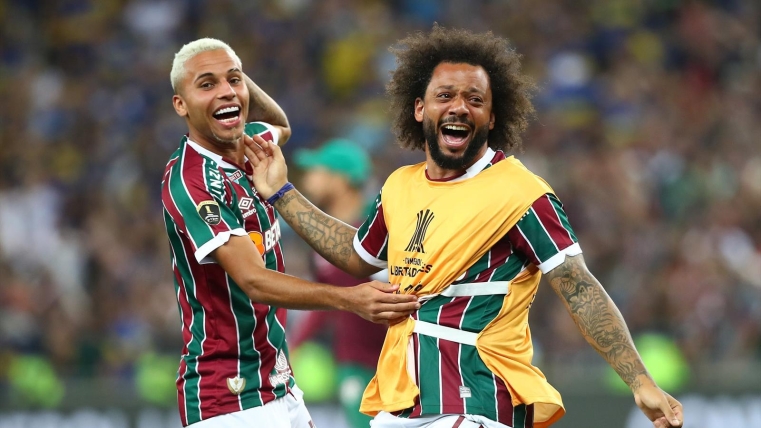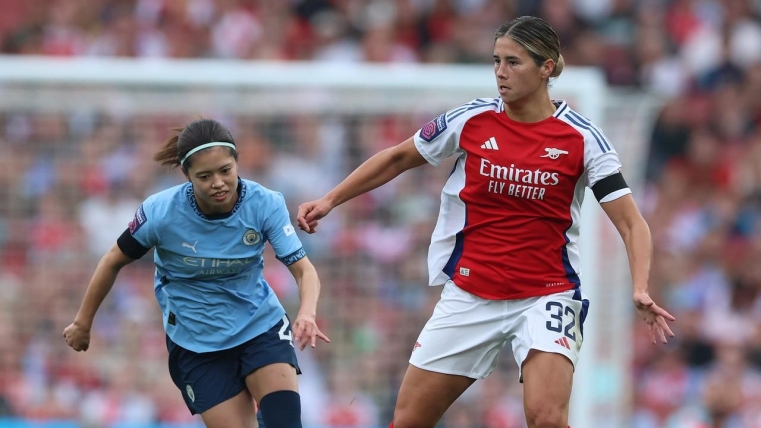In a surprising turn of events, Brazilian football star Marcelo’s tenure at Fluminense has come to an abrupt end, following a reported clash with head coach Fernando Diniz. The veteran left-back, who returned to his roots with the club after an illustrious career in Europe, found his aspirations dashed amidst rising tensions on the training ground. The fallout from their disagreement has not only sparked discussions about team dynamics but also raised questions about the club’s direction as it navigates the demands of both domestic and international competitions. As fans and analysts alike dissect the implications of Marcelo’s departure, the focus now shifts to Fluminense’s strategy moving forward and the potential gaps left in their squad.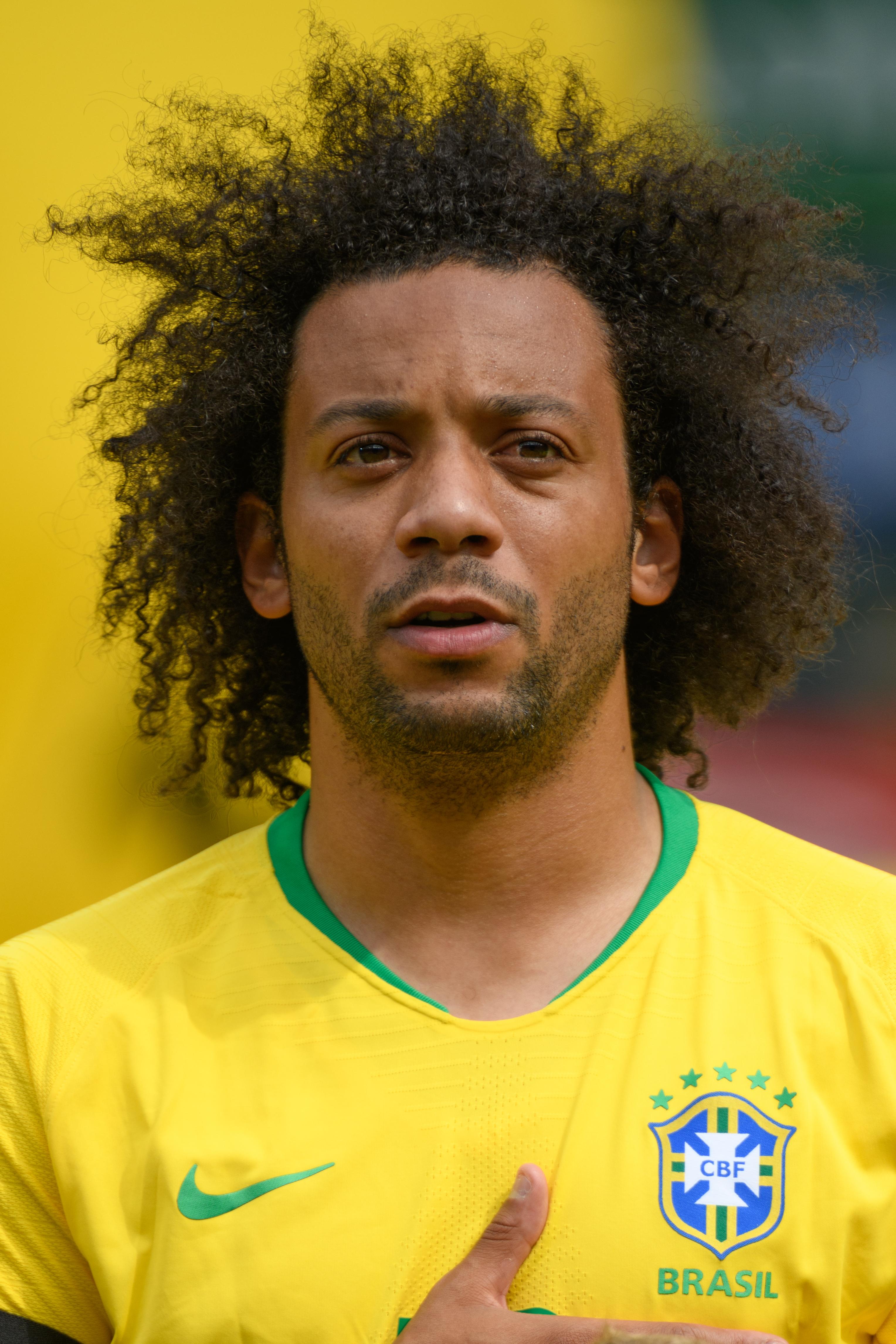
Marcelos Unexpected Exit from Fluminense: Analyzing the Coach Dispute
Marcelo’s abrupt departure from Fluminense has sent shockwaves through the football community, raising questions about the triggering factors behind this sudden split. The former Real Madrid star, who joined the Brazilian side with much fanfare, found himself at the center of an intense coaching dispute that ultimately led to the dissolution of their partnership. Key issues included a lack of alignment on game strategies, differing philosophies regarding player development, and public disagreements that played out during press conferences. This discord not only affected the team’s morale but also put significant pressure on management to intervene.
The fallout from this dispute has left fans speculating about the future of both Marcelo and Fluminense. The potential ramifications could be far-reaching, affecting player recruitment and team dynamics. Below are a few critical points surrounding this contentious issue:
- Coaching Philosophies: The stark contrast in philosophies between Marcelo and the coaching staff raised eyebrows.
- Leadership Challenges: Marcelo’s conflict with coaching figures challenged traditional leadership roles within the team.
- Impact on Team Performance: Ongoing discord undeniably distracted from the players’ focus on on-field success.
| Factors | Impact |
|---|---|
| Coaching Disputes | Created a rift in team morale |
| Player Development Differences | Stunted growth for young talents |
| Public Friction | Erased any chance of a united front |
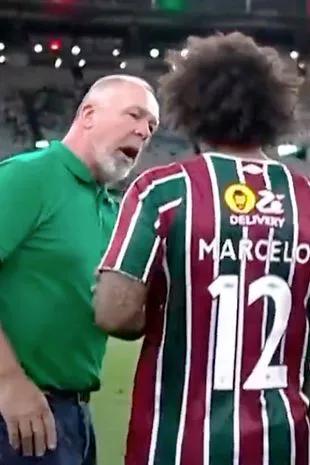
Behind the Scenes: The Tensions Leading to Marcelos Departure
The recent fallout between Marcelo and Fluminense has brought to light a series of underlying tensions that contributed to the former Real Madrid star’s abrupt departure. Tensions reportedly emerged during training sessions, where differences in coaching philosophy became apparent. Marcelo, known for his player-centric approach and ability to inspire teammates, found himself at odds with the tactical rigidity enforced by the coaching staff. This discord culminated in a heated exchange that marked the turning point for Marcelo’s future at the club.
Sources close to the situation suggest that the atmosphere within the team had been strained for weeks leading up to the incident. The following factors played a significant role in escalating the situation:
- Differences in Training Methods: A friction between Marcelo’s creative style and the coach’s structured training regimens.
- Lack of Communication: Growing misunderstandings between Marcelo and the coaching team, especially regarding match strategies.
- Team Morale: Heightened frustrations within the squad as players began to rally behind Marcelo during the conflict.
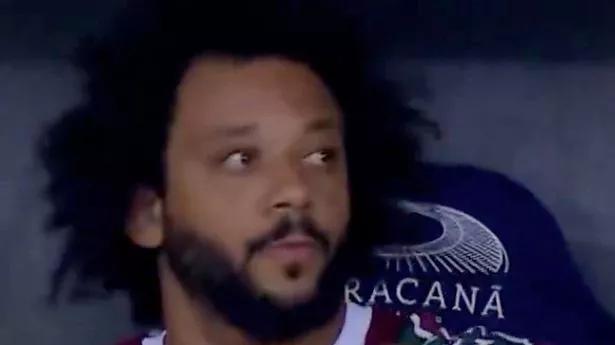
Implications for Fluminense: What Comes Next After Marcelos Exit
With Marcelo’s departure from Fluminense following a highly publicized clash with the coaching staff, the club now faces a critical juncture. The absence of such an experienced figure on the pitch could significantly impact team morale and performance. Key considerations for Fluminense include:
- Leadership Vacuum: Marcelo’s experience in top-flight football provided guidance to younger players. Filling this gap will be essential for maintaining team cohesion.
- Transfer Market Activity: The club must act swiftly to identify potential reinforcements to bolster the squad, possibly targeting a strong left-back or an experienced midfielder.
- Managerial Relationships: The fallout from this incident could lead to broader discussions regarding managerial stability and future player-coach dynamics.
Additionally, the financial implications of Marcelo’s contract termination cannot be overlooked. The club will need to reassess its budget and allocation of resources moving forward. In terms of strategic focus, Fluminense should consider:
| Focus Area | Potential Actions |
|---|---|
| Youth Development | Promote talent from the academy to fill the void left by experienced players. |
| Scouting Network | Enhance scouting for affordable, high-potential players to ensure team competitiveness. |
| Fan Engagement | Reinforce communication with fans to maintain support during this transition. |
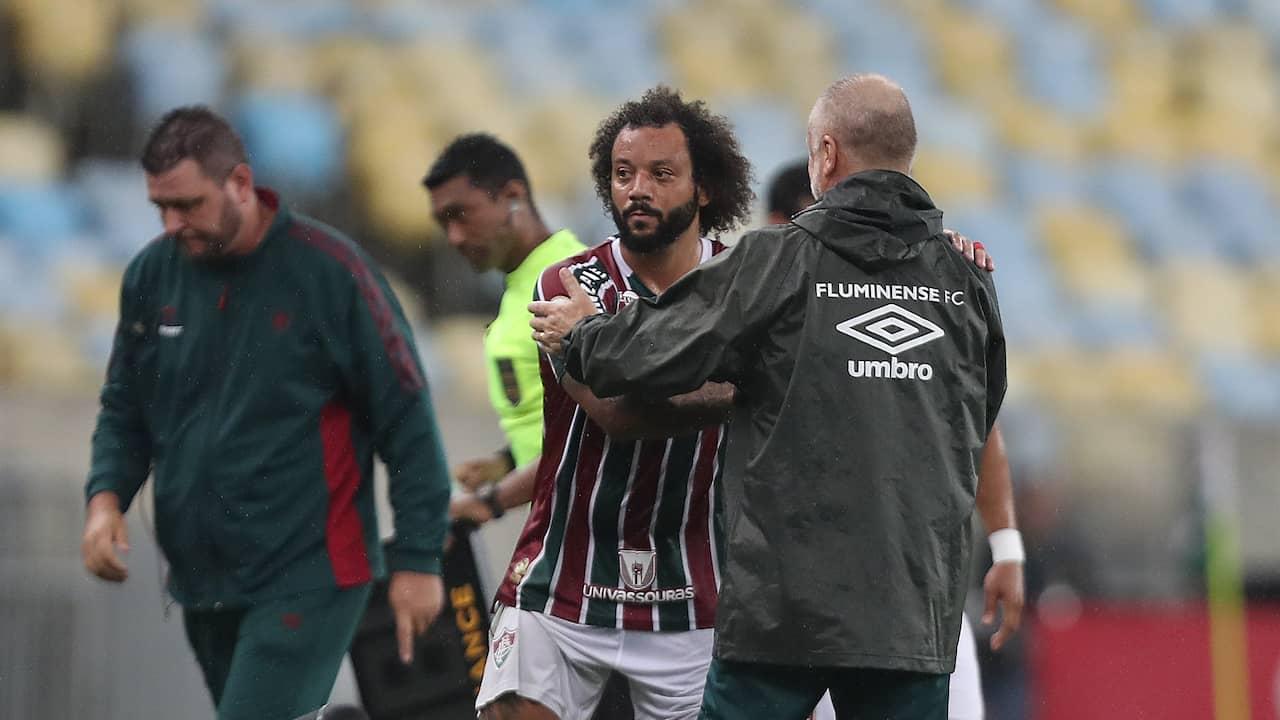
Lessons Learned: Navigating Player-Coach Relationships in Professional Football
The recent fallout between Marcelo and Fluminense’s coaching staff serves as a stark reminder of the intricacies involved in player-coach relationships within professional football. Such dynamics are often fraught with tension, particularly when personal philosophies clash. Essential to these relationships is the understanding that both parties must prioritize the team’s success over individual egos. A few key takeaways include:
- Open Communication: Transparency can prevent misunderstandings and resentment.
- Mutual Respect: Recognizing each other’s roles fosters a positive environment.
- Conflict Resolution Skills: Disagreements should be addressed constructively to maintain team cohesion.
Moreover, it is crucial for clubs to ensure that both players and coaches undergo periodic evaluations to assess their compatibility. This can help preemptively identify potential conflicts and offers a platform for voicing concerns. Below is a table summarizing important elements that clubs should implement to maintain healthy relationships:
| Element | Importance |
|---|---|
| Regular Team Meetings | Encourage openness and feedback. |
| Conflict Mediation Sessions | Address issues quickly and prevent escalation. |
| Performance Reviews | Identify and resolve grievances proactively. |
Marcelo’s much-anticipated return to Fluminense has come to an unexpected end, overshadowed by a public altercation with the coaching staff. The celebrated left-back’s departure raises questions about the dynamics within the team and the challenges of reconciliation in professional sports. As Fluminense moves forward, the club will be looking to recalibrate its strategy and restore harmony, while Marcelo seeks new opportunities that align with his illustrious career. This turn of events serves as a reminder of the complexities that can arise in the world of football, where player-coach relationships can significantly influence both individual careers and team success. The coming weeks will be crucial for both parties as they navigate the aftermath of this incident, the ramifications of which will likely ripple throughout the league.



